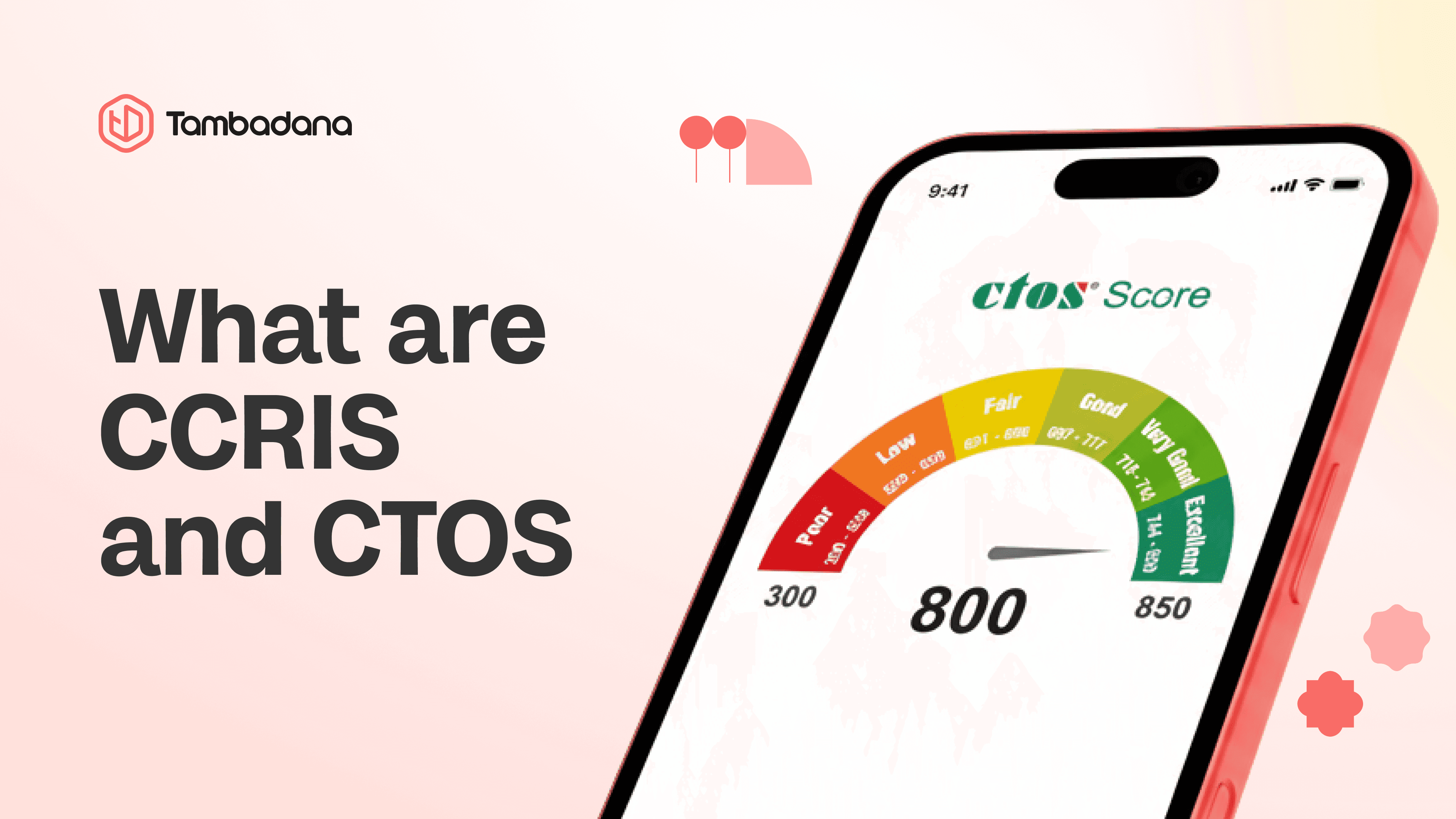The Secret to Successfully Turning a Hobby into a Million-Dollar Business
The Secret to Successfully Turning a Hobby into a Million-Dollar Business
Turning a hobby into a successful business is a dream for many, but it requires more than just passion. To transform a simple pastime into a profitable venture, you need strategic planning, market research, branding, financial management, and perseverance. Whether you create handmade crafts, develop mobile apps, or run a blog, monetizing your hobby can be one of the most fulfilling and financially rewarding experiences. This guide will walk you through the key steps to turn your hobby into a million-dollar business.
- 1.
Validate Your Market
- 2.
Develop a Business Plan
- 3.
Start Small, Think Big
- 4.
Branding is Key
- 5.
Leverage Digital Marketing
- 6.
Network and Collaborate
- 7.
Keep Learning and Adapting
- 8.
Financial Management is Crucial
- 9.
Conclusion
Validate Your Market
Why Market Research Matters
Before investing time and money, determine if your hobby has a viable market. Many businesses fail because they create products that lack demand.
How to Validate Your Market
- Google Trends: Analyze search trends to see if your niche is growing or declining.
- Social Media Insights: Join communities, track conversations, and engage with potential customers.
- Survey Potential Customers: Conduct online or in-person surveys to gather direct feedback.
- Test the Waters: Sell a small batch of products or offer your services at a discounted rate to gauge interest.
Develop a Business Plan
The Importance of a Business Plan
A solid business plan acts as a roadmap for success. It helps you set goals, outline your strategies, manage risks, and attract investors.
Key Elements of a Business Plan
- Business Goals: Define your short-term and long-term objectives.
- Market Analysis: Research competitors and target demographics.
- Revenue Model: Outline how your business will generate income.
- Marketing Strategy: Determine how you will attract and retain customers.
- Financial Projections: Estimate startup costs, pricing, and expected profit.
Start Small, Think Big
Why You Should Start Small
Scaling too fast can lead to operational and financial challenges. Instead, begin with a small, manageable operation and expand as demand increases.
How to Start Small Yet Plan for Growth
- Refine Your Product/Service: Gather feedback and make improvements before mass production.
- Test Pricing Strategies: Experiment with different price points to find what works best.
- Identify Scalable Processes: Automate or outsource tasks to support future expansion.
Branding is Key
Building a Strong Brand Identity
Branding sets you apart from competitors and makes your business memorable and trustworthy.
Key Branding Strategies
- Create a Compelling Logo & Visual Identity: Hire a professional designer or use branding tools like Canva.
- Develop a Unique Brand Story: Explain why you started your business and how it solves a problem.
- Professional Website & Packaging: Ensure your website and product packaging align with your brand identity.
Leverage Digital Marketing
Why Digital Marketing is Essential
An effective online presence can significantly boost visibility and sales.
Digital Marketing Strategies for Growth
- SEO Optimization: Ensure your website ranks on search engines.
- Content Marketing: Share blogs, videos, and infographics that educate and entertain your audience.
- Social Media Marketing: Utilize platforms like Instagram, Facebook, and TikTok to showcase your products.
- Email Marketing: Build an email list and send updates, promotions, and exclusive content.
Network and Collaborate
Why Networking Matters
Collaborating with entrepreneurs, industry experts, and influencers can open doors to new opportunities.
Ways to Expand Your Network
- Attend Business Conferences & Workshops: Gain insights from experts and meet potential partners.
- Join Online Communities & Forums: Engage in discussions related to your industry.
- Collaborate with Influencers: Partner with social media influencers to increase brand exposure.
- Explore Cross-Promotions: Work with complementary businesses to reach a wider audience.
Keep Learning and Adapting
The Importance of Continuous Learning
Markets evolve, and staying updated on trends, customer behavior, and new technologies is essential.
How to Stay Ahead
- Follow Industry News: Read relevant blogs, attend webinars, and listen to business podcasts.
- Analyze Customer Feedback: Regularly check reviews and surveys to make necessary improvements.
- Experiment with New Strategies: Don’t be afraid to pivot if something isn’t working.
Financial Management is Crucial
Why Financial Management is Key
Poor financial planning can quickly lead to business failure. Managing your cash flow effectively ensures sustainability.
Smart Financial Practices
- Track Expenses & Revenue: Use accounting software like QuickBooks or Wave.
- Separate Business & Personal Finances: Open a dedicated business bank account.
- Reinvest in Growth: Allocate profits to marketing, product improvement, or scaling operations.
- Seek Financial Guidance: Consult with an accountant or financial advisor when needed.



